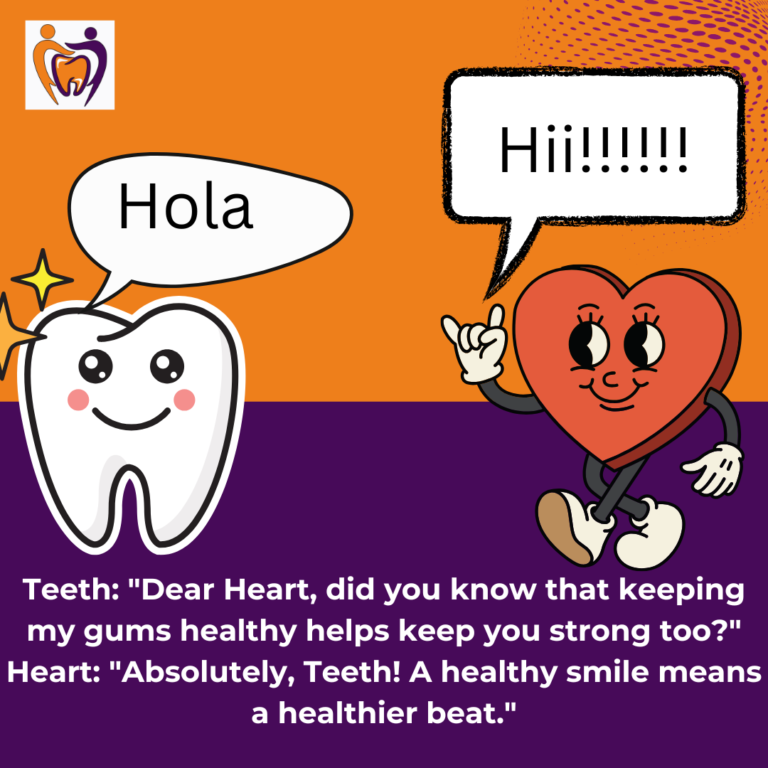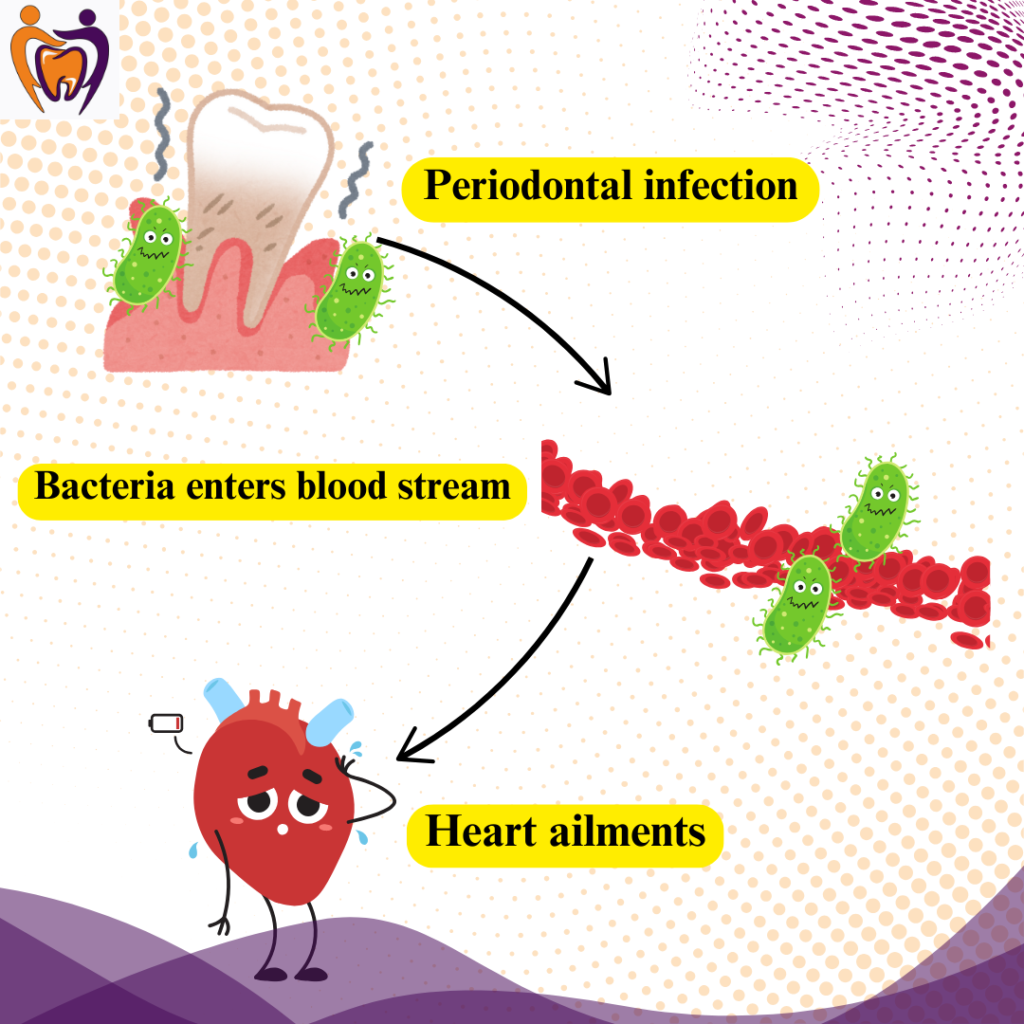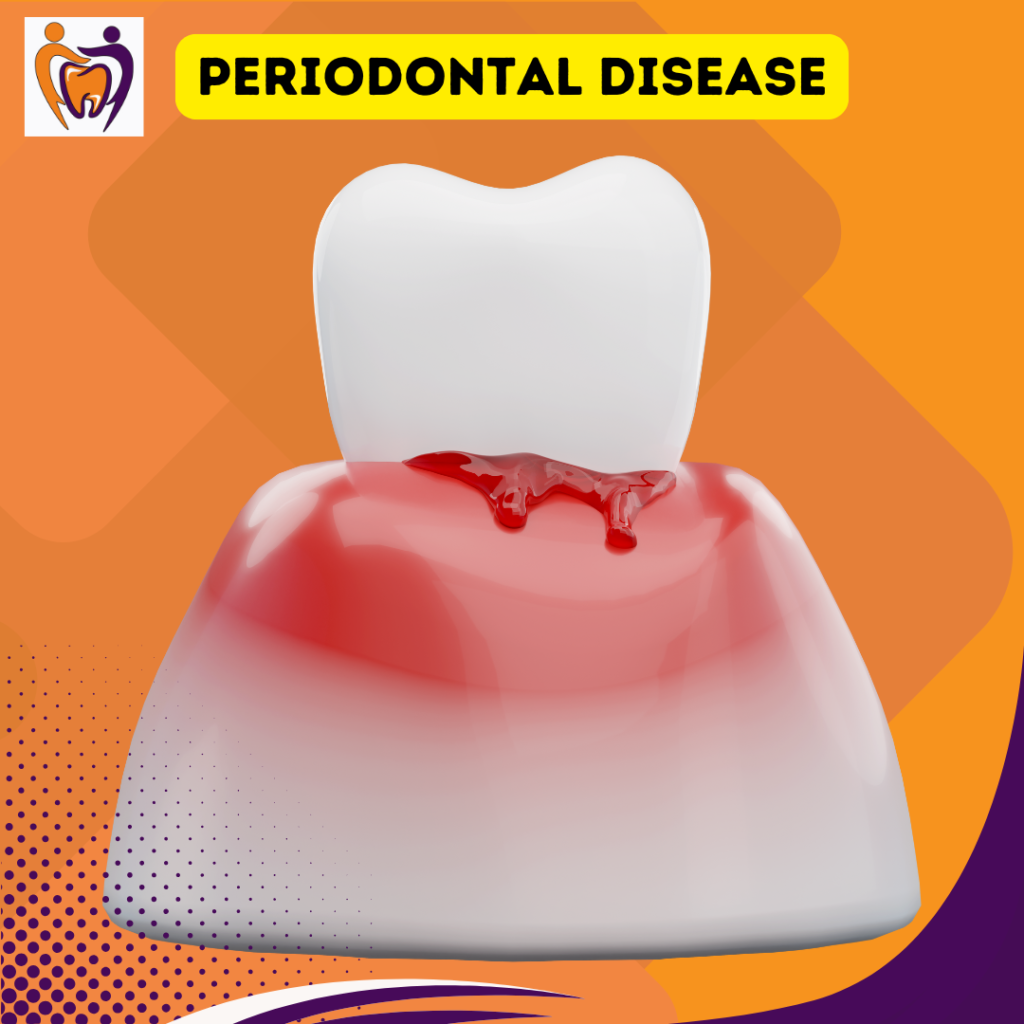When you think about staying heart-healthy, brushing your teeth might not be the first thing that comes to mind. Cardiovascular disease is relatively common in patients with periodontal diseases, and an increased risk of cardio vascular disease is associated with gum disease independent of sex.
Interventions targeting periodontal disease may be beneficial for patients with heart ailments. Research continues to uncover fascinating links between oral health and heart health, suggesting that a healthier smile might protect more than just your teeth.


What’s the Connection?
The bridge between oral and heart health lies in inflammation and bacteria. Periodontal disease, a chronic condition affecting the gums surrounding teeth, is more than just a dental problem. It’s characterised by inflammation caused by bacteria that can enter the bloodstream through infected gum tissues. Once in blood circulation, these bacteria can contribute to systemic inflammation, triggering the buildup of fatty deposits (plaques) in arteries—a hallmark of cardiovascular disease.
For instance, a systematic review published in Cureus found that oral bacteria, including Porphyromonas gingivalis, have been detected in arterial plaques, linking poor oral health to conditions like atherosclerosis and heart disease eventually. These findings align with the American Heart Association’s stance that oral infections can influence heart health by promoting systemic inflammation
Periodontal Disease: A Hidden Risk

Periodontitis is a bacterially induced inflammatory disease that destroys the connective tissue and bone that support the teeth. Gum disease, begins as gingivitis—red, swollen gums that may bleed. If untreated, it progresses to periodontitis, where gum recession and bone loss occur and eventually tooth loss. This condition not only threatens oral health but also acts as a silent contributor to systemic problems like cardiovascular diseases. Studies have shown that individuals with severe gum disease are at a higher risk for cardiovascular events like heart attacks and strokes.
The Role of Oral Care in Prevention
Dentists are increasingly recognized as critical players in preventive healthcare. Many patients see their dentist more frequently than their primary care physician. This creates opportunities for dentists to screen for systemic conditions, such as high blood pressure, and counsel patients on reducing health risks, including those linked to cardiovascular disease.
Initiatives like the “Healthy Smiles, Healthy Hearts” program emphasize the need for integrated care, where dentists and doctors collaborate to promote whole-body health. By addressing oral infections early and encouraging good hygiene, such programs aim to reduce heart disease risks.
Your Daily Habits Matter
Maintaining oral and heart health doesn’t have to be complicated. Here’s how you can make an impact:
- Brush and Floss Regularly: Clean teeth and healthy gums are your first defense against bacterial buildup and inflammation.
- Prioritize Dental Visits: Routine checkups can catch early signs of gum disease and other conditions that may go unnoticed.
- Quit Smoking: Smoking doubles the risk of gum disease and significantly raises your risk of cardiovascular disease.
- Adopt a Heart-Healthy Diet: Foods rich in vitamins C and D, along with omega-3 fatty acids, support both oral and heart health.
- Manage Stress: Chronic stress can exacerbate gum disease and contribute to cardiovascular strain. Practices like yoga or mindfulness help reduce these risks.
A Holistic Perspective
Understanding the connection between oral health and cardiovascular health underscores the body’s interconnected systems. Oral hygiene isn’t just a matter of aesthetics—it’s a cornerstone of overall well-being. Good oral care can reduce systemic inflammation, lower the risk of heart disease, and improve quality of life.
By integrating oral health into broader healthcare strategies, we can move toward a more comprehensive approach to wellness. So next time you pick up your toothbrush, remember: you’re not just caring for your smile; you’re investing in your heart.
Resources for Further Reading

Author information
Author: Dr. Venkatakrishnan. BDS., MDS.,
Orthodontist and dentofacial orthopedician
Clinical director & Proprietar at RV Dentalign Multispeciality dental clinic
Contact: 9443676527
Email: drvenkat1012@gmail.com
